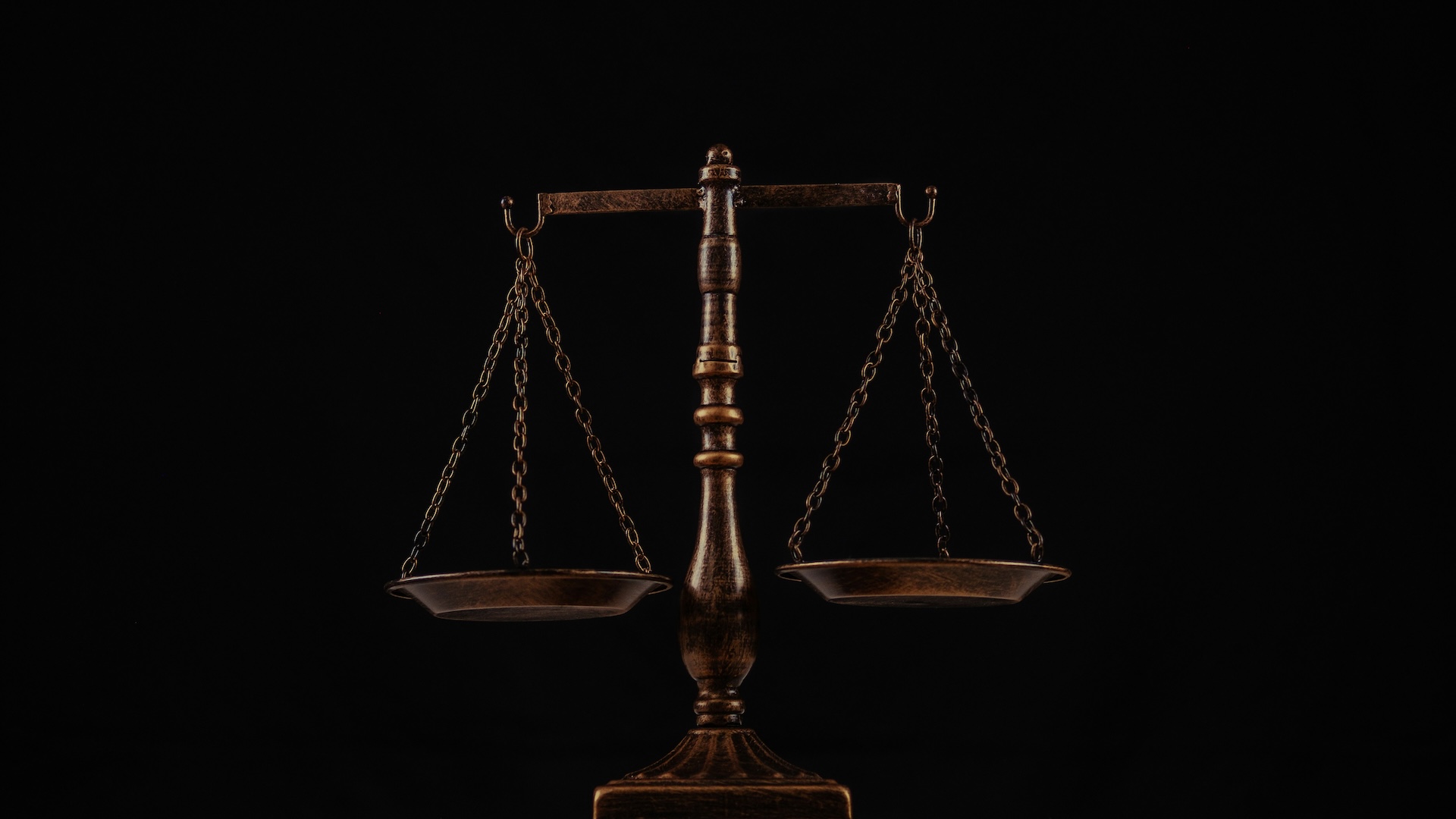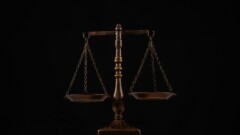I am a judgmental person. I’m often amazed and dismayed by how quickly I leap to judgment, often without facts, without knowledge, without sympathy. Of course there are times when judgment is right and good. God calls us to be discerning, and discernment necessarily involves judging what is true and what is false. Yet there are two broad categories in which judgment is sinful and forbidden by God.
Going beyond What Is Written
The first kind of sinful judging is hypocritical judging or judging people on the basis of what is hidden from us. In the opening verses of 1 Corinthians 4, Paul exhorts the people of this church not to judge one another. Yet when he does this, he refers to a specific kind of judgment and provides several conditions. First, he puts a limit on the time, saying that we are not to judge “before the Lord comes” and second, we are not to judge “beyond what is written.” This shows that there is an objective standard by which we may judge, but that we cannot proceed further than this standard. The standard, of course, is the Bible. We may judge doctrine and behavior by the objective standards of right and wrong that are given to us in Scripture. What we may not do, though, is judge a person’s heart and motives.
The limits of human knowledge and the ability to see only the outside rather than what lies within means that humans are incapable of accurate judgments about matters of the heart and conscience. Paul uses himself as a model, stating that he refuses to worry a great deal about how others judge him. In fact, he states that he will not even judge himself on these matters, for his limited knowledge prevents him from seeing into the deep recesses of his own heart. He has examined his life and is not aware of anything that would qualify as ongoing sin, so he leaves the rest up to God while awaiting the day of judgment where all will be made clear. If we are unable to even fully understand our own hearts, how much less are we capable of passing judgment on the hearts of others?
And so we are to ensure we do not “pronounce judgment before the time,” which is to say, we are not to pronounce judgment on the matters we cannot see, know, or properly evaluate. We are not to judge the motives or the righteousness of other believers.
Matters of Conscience
There is another area we may not judge and we find it explained to us in the opening verses of Romans 14. Just as we may not judge motives and personal piety, we may not judge matters of conscience where the Bible offers no explicit directive. Each of us, individually, is a servant of Christ, and we must stand firm in what we believe our Master demands of us based on our studies of the Bible.
Writing about matters we must not judge, Matthew Henry writes:
It is judging out of season, and judging at an adventure. Paul is not to be understood of judging by persons in authority, within the verge of their office, nor of private judging concerning facts that are notorious; but of judging persons’ future state, or the secret springs and principles of their actions, or about facts doubtful in themselves. To judge in these cases, and give decisive sentence, is to assume the seat of God and challenge his prerogative. Note, How bold a sinner is the forward and severe censurer! How ill-timed and arrogant are his censures! But there is one who will judge the censurer, and those he censures, without prejudice, passion, or partiality. And there is a time coming when men cannot fail judging aright concerning themselves and others, by following his judgment. This should make them now cautious of judging others, and careful in judging themselves.
And so the Bible makes it clear: We must not pass judgment on matters that are hidden in darkness for to do so would be to judge someone on the basis of matters we cannot possibly know. Likewise, we must not judge motives, personal piety, or the conscience in matters where Scripture is silent. Were we to do these things, we would be guilty of legalism, of creating moral standards beyond those given to us in the Bible.
For more on this, see my book The Discipline of Spiritual Discernment










